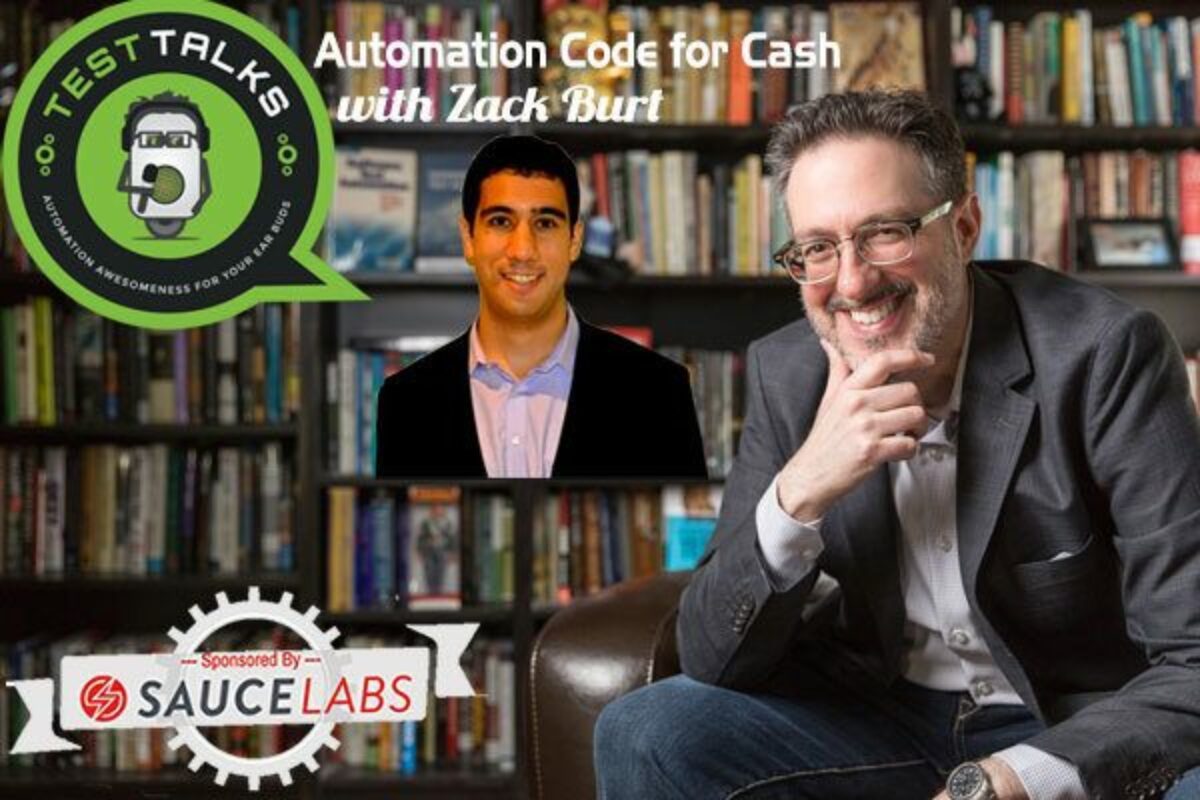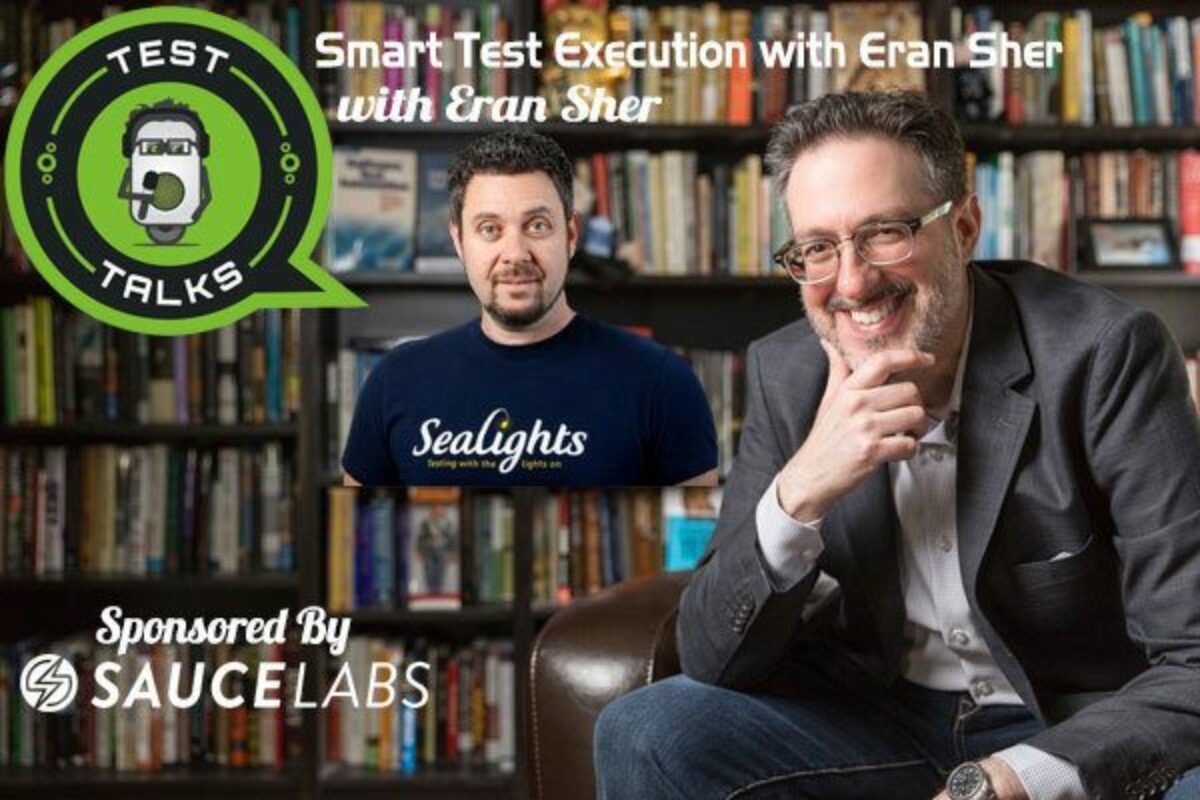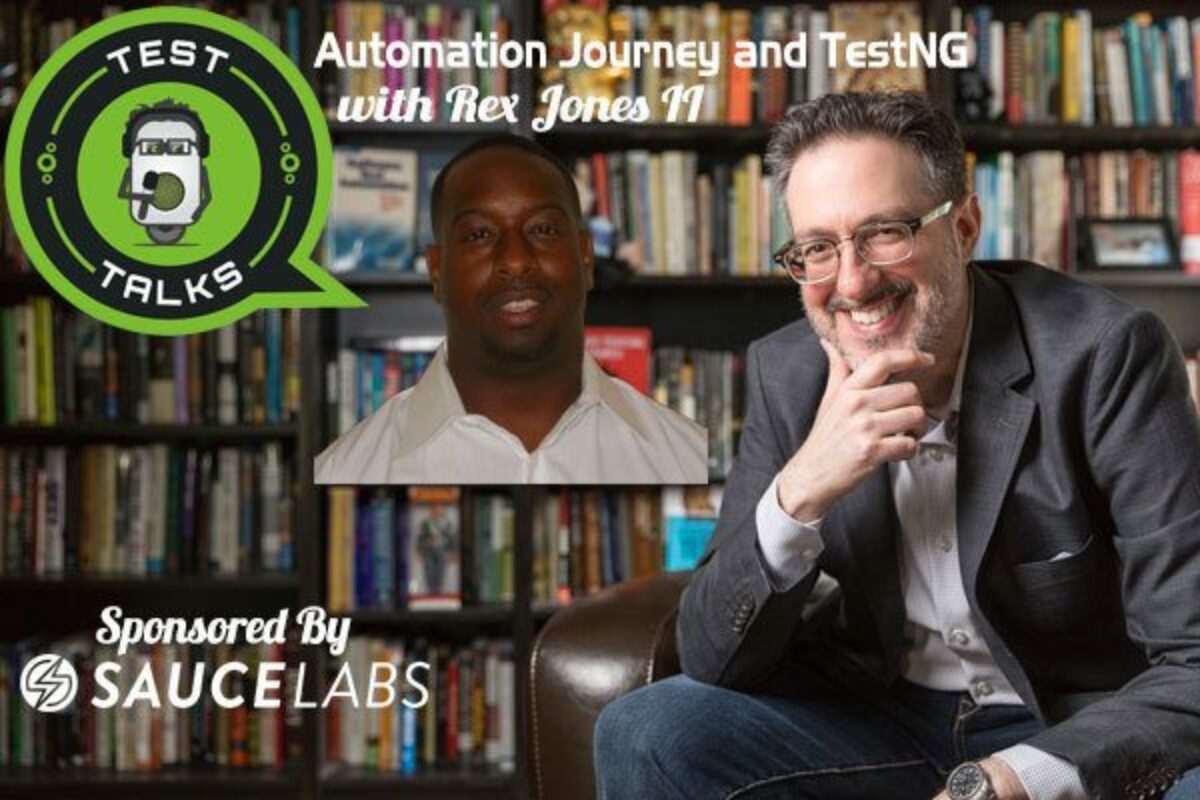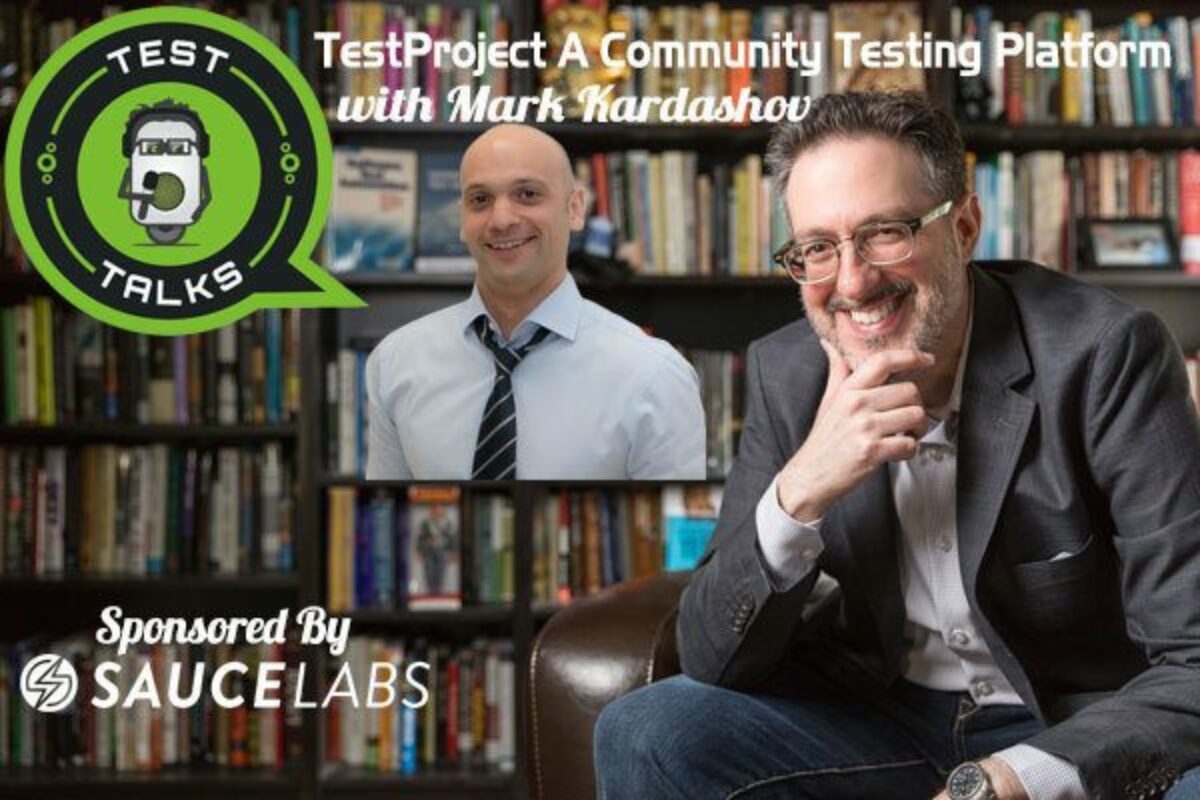Have you ever dreamed of making the transition from salaried automation development engineer or tester consultant? Or have you recently been laid off and feel now is the time to embrace the freelance consulting lifestyle? I’ve thought about it a few times myself, so I thought it would be fun to discover what it takes to actually make the transition and become a full time consultant. In this episode Zack Burt, author of Code for Cash and 30 Days to your First Freelance Programming Client shows the way. So listen up to learn how to take control of your life and never have to work in a cubicle again!
About Zack Burt
![]()

Zack Burt was born in Palo Alto, California in 1987. He began programming (with QBASIC) at age nine and immediately found a passion. Since 2003, he has been working in Silicon Valley and New York City in individual contributor and leadership roles. In 2007, he launched his software consultancy business after his PHP application “Lamefactor” was acquired by WikiYou, Inc. He is passionate about open source, both in submitting pull requests and launching open source projects. He currently lives in Manhattan where he enjoys playing basketball and meeting new and diverse people; he encourages you to email him if you'd like to meet.
Quotes & Insights from this Test Talk
- There's this saying that I have that I use in the book, “Let's always be prospecting.” Especially when you have a full load of work, I completely recommend spending a couple minutes at least each day doing some networking, going through the client sourcing channels that work best for you, and keeping a backlog, a pipeline of clients at all times because it's not worth it to deal with a bad client. If the client rubs you the wrong way, if they're rude, if they're giving you a hard time in terms of payment, if they're being unreasonable, then your best option is just to have a better alternative to no agreement. That comes from spending a lot of time working on your pipeline and your backlog.
- Sure. I think defacto or in practice there's really no difference. Consulting is a fancier word than freelancing. Generally, consulting can imply that you're taking responsibility for the value that you're bringing to the business whereas freelancing means you're performing a discrete technical task, like a specific technical task. In practice, the two terms are more or less interchangeable. If you're thinking that you're going to spook a client because they have a small budget, then don't say the word consultant. Say freelance. If you need to puff up your chest a little bit, then consultant is totally appropriate and fine.
- If you're able to get a full-time job, the rule of thumb is to take your annual salary and then divide it by two and that's your baseline hourly rate. For example, if you're making 50 grand a year, then your hourly rate should be at least $25 an hour. From there, it's all about your alternatives. If you have a lot of clients who want to book you at that rate, you can start incrementing your rate as long as you're keeping your clients happy and they don't find it more efficient to go elsewhere. A good baseline is just taking your annual salary, dividing it in thousands of dollars, dividing it by two, and having it be that many dollars per hour. That's just a good starting point. If you're able to get lots of work at that level, I recommend letting your clients know in advance that you'll be raising your rate and then raising the rate as you present it to new clients.
- . I also never begin work until the retainer has actually cleared. That means the check is received by me and I've deposited and I cleared, or the wire transfer processed and cleared, or if they sent PayPal and there's any sort of waiting period for whatever reason, that has finished. Because I have run into situations where clients either bounced checks or committed some sort of other fraud. I've definitely been forced to deal with a client who committed fraud against me by bouncing checks. The client, I later found out, had a history of fraud. This was sort of his MO. I learned the hard way not to begin work until the check is cleared.
- Let me just say that it's absolutely possible to get your own health insurance privately. I've done it. It's really not as much of a headache as you'd think. As long as you're willing to roll up your sleeves and do some things to take care of yourself, like finding your own health insurance, you can make a lot more money as an employee because although it's a great benefit that employers provide, they sort of overcharge for it. If you're willing to do it yourself, get your own insurance, build your own social life, take care of your own taxes is a big one. I absolutely recommend, by the way, hiring an accountant. It can be the difference between a huge tax bill and something that's decent. There's all sorts of things that a good accountant can do, such as helping you deal with clients who don't pay by writing off some of the invoice occasionally. I get to deduct a part of my rent because I work from home. I get to deduct a part of my internet and my cellphone bill.
- My actionable advice is create a simple website that has your picture, your name, your contact information, and what it is you do. It's like a business card. You don't need anything fancy. It's basically a business card, but a website. Then prepare some samples of your work. If you're a programmer, a person, you write automation steps, prepare a code sample. Make sure it's well documented. Make sure there's syntax highlighting, and have it prepared. Then go ahead and prepare some references. Call up your past employers, call up … If you don't have any past employers, get some character references because that's better than nothing. If you need some professional references, go on Craigslist. There's always someone willing to give you a reference in exchange for free work.
Resources
Connect with Zack Burt
- Twitter: CodeForCashBook
- Blog: breakingintoconsulting.com
- LinkedIn: zackburt
- Company breakingintoconsulting
May I Ask You For a Favor?
Thanks again for listening to the show. If it has helped you in any way, shape or form, please share it using the social media buttons you see on the page.
Additionally, reviews for the podcast on iTunes are extremely helpful and greatly appreciated! They do matter in the rankings of the show and I read each and every one of them.
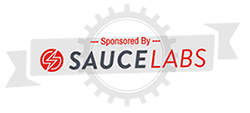
Test Talks is sponsored by the fantastic folks at Sauce Labs. Try it for free today!

